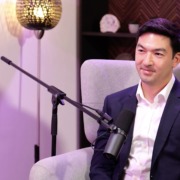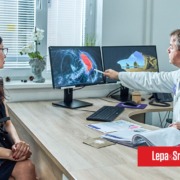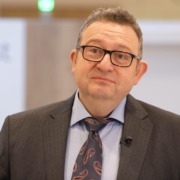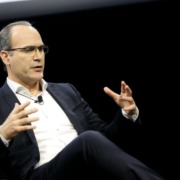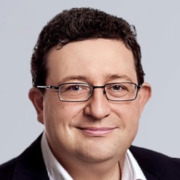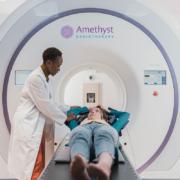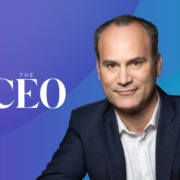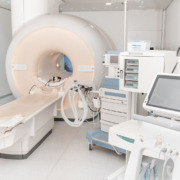AI in Neurosurgery: Insights from Mr Patrick Grover
The use of artificial intelligence (AI) in healthcare is accelerating rapidly, with market size growing by 233% between 2020 and 2023 – and projections suggesting a further 40% increase by the end of 2025.
While many specialties such as diagnostics, genomics, and patient monitoring have integrated AI at pace, neurosurgery – known for its complexity and critical precision – has historically adopted a more cautious approach.
That is beginning to change. A new wave of AI research is addressing longstanding surgical challenges, from planning and technique refinement to intraoperative guidance and outcome prediction.
Clinical Leadership at Queen Square
Leading this progress is Mr Patrick Grover, Consultant Neurosurgeon and Clinical Director at the National Hospital for Neurology and Neurosurgery and the Queen Square Radiosurgery Centre in London. His work focuses on integrating AI technologies into daily neurosurgical practice to improve outcomes and support more personalised care pathways.
In a recent podcast with Future Medicine AI, Mr Grover discussed how AI is already influencing clinical decision-making, enhancing surgical training and advancing the planning of individualised treatments.
Where AI Is Making an Impact
Mr Grover’s current research is focused on three key areas where AI systems are showing clinical value:
- Natural language processing: To extract insights from large volumes of clinical documentation and support individualised care planning.
- Computer vision for operative video analysis: Helping to interpret intraoperative footage, identify surgical steps, and support technical education.
- Medical imaging and radiomics: Used in planning treatments such as Gamma Knife radiosurgery, including tumour contouring and predicting post-treatment outcomes.
These innovations are not theoretical—they’re being actively developed, validated, and refined in clinical settings with the aim of improving both outcomes and efficiency.
To explore these topics in more depth, watch the full podcast with Mr Patrick Grover below:
Balancing Innovation and Oversight
As AI capabilities expand, Mr Grover underscores the continued need for clinical oversight, transparency and accountability. Outputs must be not only accurate but also explainable. In neurosurgery, understanding the reasoning behind recommendations is essential to safe and effective practice.
He also highlights the importance of shared research frameworks and data protocols that enable progress to be replicated and scaled across different institutions and healthcare systems.
Looking Ahead
Beyond today’s applications, Mr Grover and his team are investigating future-facing technologies like robotic surgical assistance and brain-computer interfaces – each offering potential for greater intraoperative precision. However, these too must follow rigorous pathways of validation and integration.
A Shared Vision at Amethyst
Mr Grover’s work echoes Amethyst Healthcare‘s broader commitment to precision medicine and responsible innovation. As AI moves from promise to practice, Amethyst remains dedicated to supporting clinicians with tools that deliver safer, faster, and more personalised care -always with the patient at the centre.

